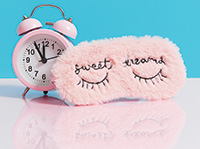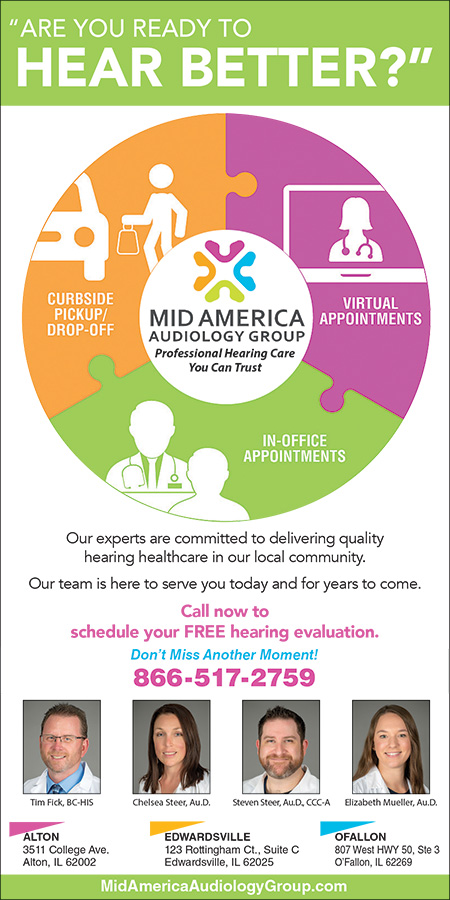 For people who have a hard time getting their ZZZs, medications for insomnia can be a dream come true. But recently, the U.S. Food and Drug Administration announced a new warning about certain prescription medications for insomnia.
For people who have a hard time getting their ZZZs, medications for insomnia can be a dream come true. But recently, the U.S. Food and Drug Administration announced a new warning about certain prescription medications for insomnia.
Insomnia is a sleep disorder in which you have trouble falling and staying asleep. The condition can be short-term (acute) or can last a long time (chronic). It may also come and go. Acute insomnia lasts from one night to a few weeks. Insomnia is chronic when it happens at least three nights a week for three months or more.
FDA BLACK BOX WARNING
Millions of Americans experience insomnia, and many rely on prescription medicines to help them fall asleep and stay asleep. Now, the FDA will require certain prescription sleep aids to include a black box warning on their labels. It calls attention to serious — even life-threatening — risks.
The new FDA warning applies to three prescription drugs:
- Eszopiclone (Lunesta).
- Zaleplon (Sonata).
- Zolpidem (Ambien, Ambien CR, Edluar, Intermezzo and ZolpiMist).
These medications can cause rare but serious incidents known as “complex sleep behaviors,” the FDA says. Those include sleepwalking as well as engaging in other activities while not completely awake — including potentially dangerous ones like using the stove or driving a car.
The FDA required the new warning after reviewing reports of serious events that occurred when people used the medications, including deaths due to car crashes and drowning.
While these incidents are rare, they could happen whether you’re taking the medication for the first time or have been using it for months. Be aware of these warnings so you can watch for any side effects.
WHEN TO STOP TAKING SLEEP AIDS
In addition to the new warning, the FDA also added a “contraindication” for these medications: Anyone who has experienced complex sleep behaviors — even once — should stop using the drugs.
How will you know if you’re up and about while you’re, you know, asleep? If you have a bed partner, he or she will probably notice you get up and move around. You might also see evidence of nighttime activity, like bowls from a mysterious midnight snack left on the counter.
What happens if you have insomnia and have to (or want to) stop taking these medications? You don’t have to give up on the dream of a restful night. Non-drug alternatives do exist — and may even be preferable to drugs. Try these first and use medications as a last resort.
Five natural tips for better sleep
It’s not always necessary to get a prescription for a sleep aid. There are natural ways to adjust your sleeping habits.
• Drink up. No, not alcohol, which can interfere with sleep. Warm milk, chamomile tea and tart cherry juice for patients with sleep trouble. Warm milk has long been believed to be associated with chemicals that simulate the effects of tryptophan on the brain. This is a chemical building block for the substance serotonin, which is involved in the sleep-wake transition.
Chamomile tea can also be helpful. It’s believed to have flavonoids that may interact with benzodiazepine receptors in the brain that are also involved with the sleep-wake transition. Plus, chamomile tea doesn’t have caffeine, unlike green tea or Earl Grey. Finally, tart cherry juice might support melatonin production and support a healthy sleep cycle.
• Exercise. Physical activity can improve sleep, though researchers aren’t completely sure why. It’s known that moderate aerobic exercise boosts the amount of nourishing slow wave (deep) sleep you get. Aerobic exercise releases endorphins, chemicals that keep people awake. (This is why you feel so energized after a run.) It can also raise core body temperature; this spike signals the body that it’s time to get up and get going. If you’re having trouble sleeping, try to avoid working out within two hours of bedtime.
• Use melatonin supplements. Melatonin is a hormone that is naturally released in the brain four hours before we feel a sense

of sleepiness. It’s triggered by the body’s response to reduced light exposure, which should naturally happen at night.
These days, though, lights abound after it’s dark outside—whether it’s from your phone, laptop or TV. This exposure to unnatural light prevents melatonin release, which can make it hard to fall asleep. Luckily, melatonin is available in pill form at your local pharmacy as an over-the-counter supplement.
Just make sure that you consistently buy the same brand. Because melatonin supplements are unregulated by the FDA, the per-pill dosages and ingredients may differ from manufacturer to manufacturer. Stick with one brand, and don’t buy it online from an unknown source.
• Keep cool. The ideal temperature for your thermostat is between 65 and 72 degrees. Women who are going through menopause and experiencing hot flashes should keep the room as cool as possible and wear cotton or breathable fabrics to bed.
• Go dark. It’s known that the light from a smartphone interferes with sleep. But what about your bathroom light? If you have the urge to go at night, don’t flick on the lights. The latest recommendation is to use a flashlight if you need to get up at night because it offers less visual disruption. And remember: If you do wake up for a bathroom break, it might take up to 30 minutes to drift back off. This is completely normal.


